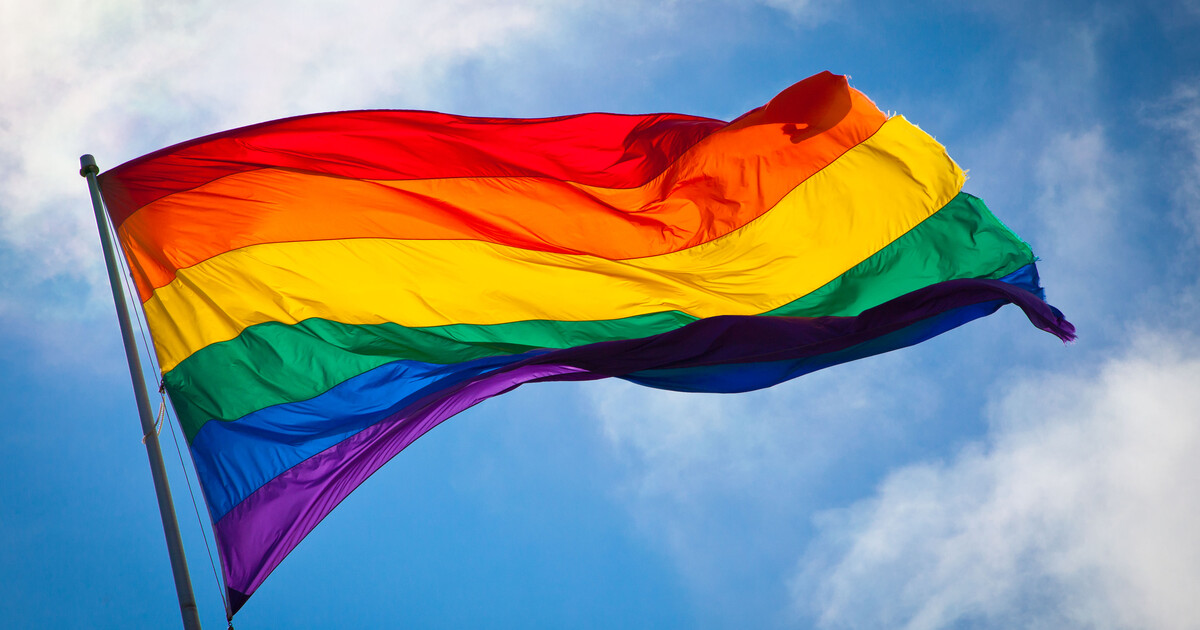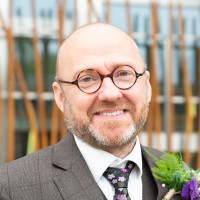The journey toward equality is far from complete

Growing up in the 80s, I came out less than a decade after the partial decriminalisation of gay and bisexual men in Scotland. Leaving school at 18, I knew that the age of consent was still 21. Though arrest and prosecution seemed unlikely, we could never help but be aware that they were a possibility even for ordinary, consenting relationships between young adults.
I left for university in Manchester, which was a magnet for queer people throughout the UK, only to discover that “God’s cop” James Anderton was using his position as Chief Constable to pursue his religious extremist agenda with aggressive policing and unprovoked raids on gay venues.
Just ten years later I was an LGBT youth worker back in Glasgow, and I encountered shock and puzzlement from young people growing up without even knowing that same-sex relationships had ever been criminalised in this way. That’s a failing of our teaching of history of course, but it’s also a sign of how rapid the progress toward equality had been.
Yet past progress is never guaranteed; setbacks can happen too. So the First Minister’s apology, echoed by opposition parties, represents more than just one important moment. It represents a shared commitment to continue the journey.
There are those who won’t welcome this. Some because they think an apology by one generation for the immoral acts which preceded it is meaningless. This attitude fails to recognise the continuity of society, and the role of the government and parliament of the day in acknowledging responsibilities which endure beyond a five year term. Society is not dissolved with each election, like a corrupt board of directors ready to set up their dodgy business again under a different name.
Others will not welcome the apology because they simply never made that journey with the rest of society, toward the abandonment of prejudice. Because while there has been great progress, there remain prejudiced diehards in the social, religious, media and political life of our society. Inequality, discrimination and bigotry persist in our workplaces, in our schools, in our media, and in our politics.
We still give such attitudes too much room. We still make euphemistic excuses like “matter of conscience” for those who oppose equality. Most political parties still select them for public office, to pass laws and oversee services which are supposed to serve us all. We still make too many excuses for those who even now cannot accept that same sex relationships are equal, and that the laws against them were morally wrong.
So while the cross party consensus from the leaders at Holyrood was moving, it mustn’t let us rest on our laurels. The journey toward equality is far from complete.
